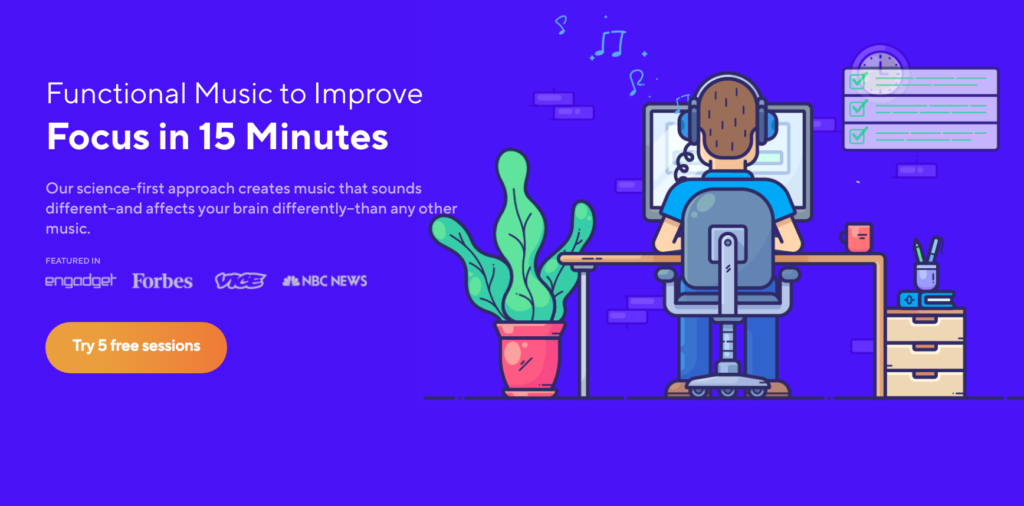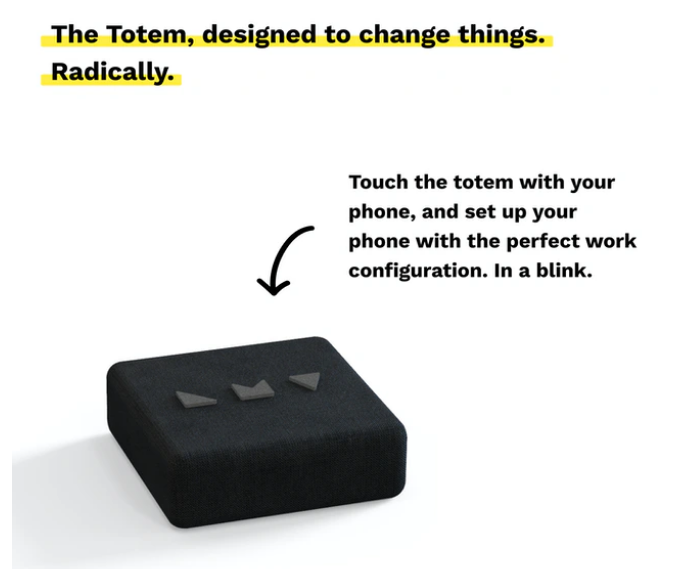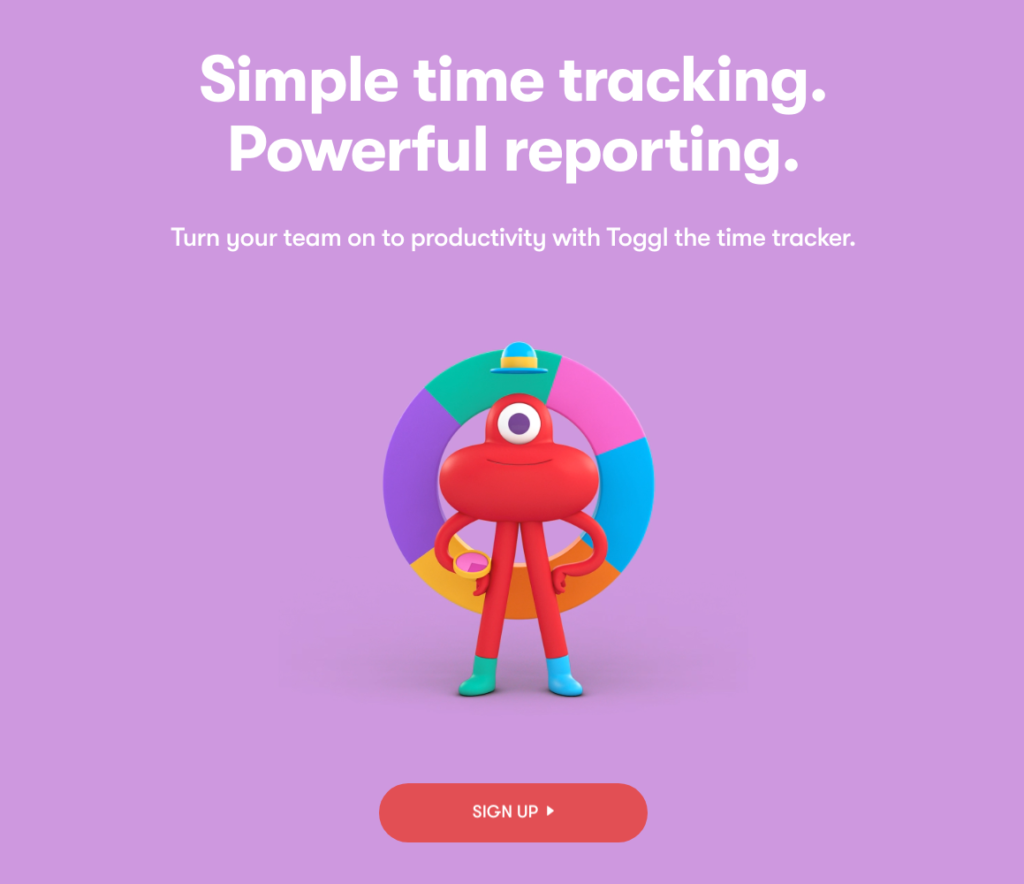15 May Apps That Enhance your Work-from-Home Arrangements
Apps appear to be the lifeline to most of us struggling to adjust to a daily work-from-home arrangement in these days of coronavirus-induced quarantines. All of them offer solutions to help us perform at our best, and optimize creative collaboration with colleagues who live hundreds of miles away. It can be easy to randomly pick one, thinking it is only slightly different from the other apps out there. Some of us think the smartest tactic would be just to go by a friend’s recommendation.
But remember that though easily changed and/or deleted, these apps that you first download for the first few weeks will determine the quality of your life—both your personal and professional lives—while working at home. Making a random choice is not a wise move. Instead, come up with a combination of apps that can serve as your most effective tools when it comes to heightening focus, organization, productivity, and even relaxation. The creative minds in places like Silicon Valley are always churning out more innovative apps, especially during crisis moments. Check out these few examples:

Brain.fm
This app may not carry the buzz of a Zoom or a Slack — not yet, anyway — but those who have used it swear to its effectiveness. As Fast Company reminds us, one of the daunting challenges of remote work today is the difficulty of separating workspaces from personal ones. Employees who suddenly had to transition to a remote arrangement found themselves working in a guest bedroom with thin walls that a child’s cry can penetrate. They build an office in a living room beside a kitchen that is always filled with the sound of puttering pans. Distraction is constant, and the act of concentration, once achievable in the office, becomes a chore.
Brain.Fm is an app that removes all that external noise by playing its own subtle neutral sound. The neurological research behind it is based on the ability of “white noise,’’ and other kinds of calming music, to filter all the other sounds that you hear. You can still listen to them, but they do not bother you as much anymore. At the same time, Brain.Fm’s list of subtle musical notes guides you into focusing on the tasks that you do have at hand.

Let Me Think
Now here’s a more ingenious way of stopping distractions — a second space for your phone. How is that possible when you already have those apps on your phone? Just like magic, Let Me Think claims that you can simply touch your connected totem with your phone to launch your custom distraction-free workspace.
Let Me Think conducted more than 300 interviews to understand people’s fears and what they really need. It worked with neuroscientists and psychologists to see how it was possible to change the way everyone uses his or her phones.
Easy to access and with a personalized configuration, it will reportedly allow you to be more focused, more productive, and make you feel better. Its blog offers the ultimate and clever guide to stop being distracted by your smartphone.
It’d be interesting to see how companies — yes, it’s targeting companies — can help create better work conditions for the easily distracted and make better use of digital technology for work productivity, whether one is at home or at the office. It’s currently crowdfunding at Kickstarter.

OfficeVibe
One of the most frustrating aspects of the work-from-home arrangement is the distilled personal connection you are experiencing with your team. Webinars, virtual conferences, and even private messengers cannot accurately and totally communicate what your colleagues are feeling, either as individuals or as a group. You do need to know if everyone is on the same page, emotionally speaking. If someone is going through a tough time during this crisis, a few emoticons in an email exchange do not reflect the reality of what they are truly going through.
As described by Digital Nomad, OfficeVibe can be the virtual mirror that can open up the sentiments, emotions, and inner rollercoaster that your colleagues are undergoing. It regularly sends out feelers to all of you, asking you to be as open as you possibly can about your situation. At the same time, an anonymous filter protects your privacy. All the answers are sent to the team leader who then gets a holistic, comprehensive overview of the group’s overall emotional and mental status. Armed with this information, they can then address all those bottled issues, perhaps starting with a word of encouragement and comfort to the depressed and the discouraged.

Toggl
As described by Venture Harbour, Toggl is different from other time trackers, because not only does it measure the number of hours and minutes you put into a project, but it actually also calculates the value that those used time periods give you and your company.
This app does not just record statistics but gives you useful insights that you can apply to your processes and your performance. For example, one report defines the tasks and activities that take a longer time to complete; these are the ones you might want to modify if you do want to improve the speed of your work. Its analytics then can reveal to you a cost estimate of how much profit you make during your productive hours, and how much revenue you do stand to lose in the slower ones.